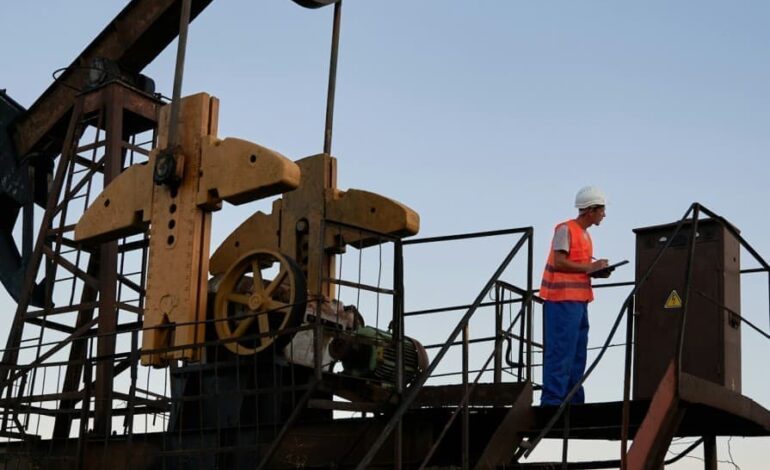Trump Pushes Seabed Mining Plan, Faces Global Backlash

U.S. President Donald Trump has initiated plans to develop the seabed mining industry, aiming to access critical minerals necessary for various sectors and reduce dependency on China. This proposal, however, has sparked significant backlash from environmental groups and international organizations, highlighting the complexities surrounding seabed mining regulations.
The International Seabed Authority (ISA), established in 1982 under the United Nations Convention on the Law of the Sea (UNCLOS), oversees the protection of marine environments from potential harm caused by deep-seabed activities. As of 2024, the ISA has 170 members, including 169 member states and the European Union, but notably excludes the United States, which has not ratified the Law of the Sea treaty. In recent years, there have been increasing calls for the ISA to establish regulations for commercial mineral extraction, with several nations advocating for a moratorium on seabed mining. Expectations are high for the ISA to introduce these regulations in 2024, as demand for critical minerals rises.
In April 2024, Trump signed an executive order titled “Unleash America’s Offshore Critical Minerals and Resources,” which emphasizes the need to accelerate the responsible development of seabed mineral resources. The order asserts that the United States must quantify its seabed mineral endowment and reinforce its leadership in extraction technologies. Shortly after this announcement, The Metals Company (TMC) filed applications with the National Oceanic and Atmospheric Administration (NOAA) for two exploration licenses and one commercial recovery permit in the Clarion Clipperton Zone. This area, recognized as an environmental management zone of the Pacific Ocean, is governed by the ISA.
In response to Trump’s actions, Leticia Reis de Carvalho, Secretary-General of the ISA, expressed concerns over the executive order. She stated, “The executive order regarding deep-seabed mineral resources raises specific concerns because while the Order primarily addresses domestic political and policy matters, its reference to applicability in areas beyond national jurisdiction becomes a matter of the rule of law within the global ocean governance framework known as UNCLOS.” Reis de Carvalho highlighted that UNCLOS prohibits any state from claiming sovereignty over the seabed or its resources.
The backlash against Trump’s seabed mining initiative has intensified, with several international organizations and environmental advocates condemning the plans. Some of TMC’s international partners are reportedly reassessing their affiliations due to legal uncertainties surrounding the company’s mining ambitions. Concerns have been raised that mining outside territorial waters could violate international law and undermine the concept of “the common heritage of mankind,” unless an international consensus is reached on managing seabed mining.
In a recent assembly held in Kingston, Jamaica, ISA delegates convened to discuss Trump’s mining ambitions. The council, consisting of 36 elected member states, passed a resolution urging the legal and technical committee to investigate potential “noncompliance” by its signatories. Matthew Gianni, co-founder of the Deep-Sea Conservation Coalition and participant in the ISA discussions, remarked, “TMC has been testing the limits of what it can get away with, a bit like a child seeing how far it can go with bad behaviour.” He warned that the ISA member countries had effectively issued a cautionary notice to TMC, indicating that noncompliance could jeopardize the company’s exploration claims.
The future of Trump’s seabed mining plans remains uncertain. While the administration may proceed with TMC’s mining license, the international community has taken a firm stance against initiating deep-sea mining operations before the establishment of comprehensive regulations. The ISA and its member states contend that such actions could inflict irreversible damage on the marine environment, underscoring the urgent need for a coordinated global approach to seabed mining.






